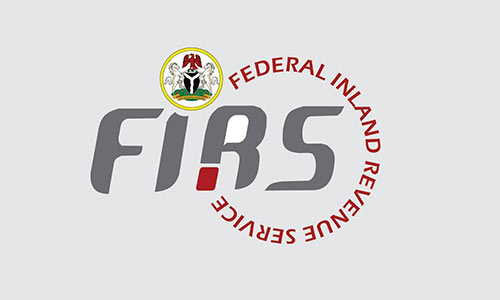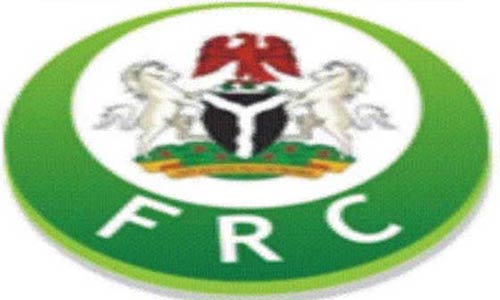SECTOR INSIGHT 31/01/2022
Tax Returns: FIRS Begins Probe Of Big Companies

The Federal Inland Revenue Service (FIRS) has launched a new assessment regime to determine the tax ranges companies before they file returns.
The agency has been authorised to plug into big companies’ databases to assess performance.
The tech-driven onsite assessment involves the attachment of FIRS software to the companies’ databases.
This allows FIRS to ascertain the right value of taxes to collect from such institutions before tax fillings.
Section 25 of the Federal Inland Revenue Service (Establishment) Act-as amended under the Finance Act, 2021-gives powers to the Service to deploy proprietary or third party technology for tax administration. This includes tax assessment and information gathering from taxpayers.
Consequently, where the Service desires for the purpose of assessment access to any taxpayer’s database, it would give a 30 day’s notice to the taxpayer requesting that such access be granted.
Failure to grant access is considered an offence under the law and subject to an administrative penalty of N25,000 for each day the failure continues.
The new assessment regime is a major highlight of an aggressive push for efficient tax assessment and collection as Nigeria races to rev up its tax income.
The 2022 budget indicates a deficit of 37 per cent; with projected non-oil revenue of N2.1 trillion and non-oil taxes such as company income tax and value-added tax (VAT) of N1.22 trillion.
Partner, Tax, Regulatory and People Services, KPMG Nigeria, Olufemi Babem, at the weekend confirmed the new FIRS initiative.
He spoke at the weekend on ‘Economic Impact of Government’s Tax Revenue Drive’ at the virtual Nairametrics 2022 Economic Outlook in Lagos.
The law requires companies to register for tax and file their audited accounts and tax computations with the FIRS within six months of their financial year-end on a self-assessment basis or 18 months after incorporation.
Babem said the implementation of the new tax plan is already taking place in key sectors – banking, insurance, manufacturing, housing and oil and gas sectors among others as the government pushes hard to raise its revenues and tax to Gross Domestic Product (GDP) ratio to new heights.
He added that the implementation of the Finance Act, 2021 has made the new policy plan actionable by giving more powers to FIRS to collect taxes for the nation.
He explained that having access to companies tax data will ensure accurate taxing of such institutions.
Babem said: “It will be an onsite attachment of tax software to targeted companies’ database. The government is also looking at big digital companies.
“Uber is complying in tax remittance. Netflix has notified companies to add Value Added Tax (VAT) to its payments.”
He advised businesses to restructure their operations for efficiency given the new tax drive.
He said the government has consistently taken steps to expand the tax base adding that Twitter, Google, Netflix and other tech giants’ taxes will be better captured based on new tax reforms.
He said the government has also increased in effective rate of tax on corporate profits by about 0.6 per cent; broadened the corporate income tax base for for-profit educational institutions; and foreign companies providing services to Nigerian beneficiaries.
The introduction of a deemed tax for foreign providers of digital goods and services is also being enforced.
He said the government has introduced a “sugar tax”, broadened the VAT base and captured digital providers of goods and services.
Partner & Chief Economist, PwC Nigeria, Andrew Nevin, called on the Central Bank of Nigeria (CBN) to unify the multiple exchange rates to stimulate business confidence and economic growth.
He said although Nigeria’s GDP was growing, such growth does not reflect on the wellbeing of the people.
He said: “Nigeria’s economy is bigger than what statistics say. There is a need to bring the informal sector into the economy and ensure that the growth in the economy impacts positively on the people’s wellbeing.”



